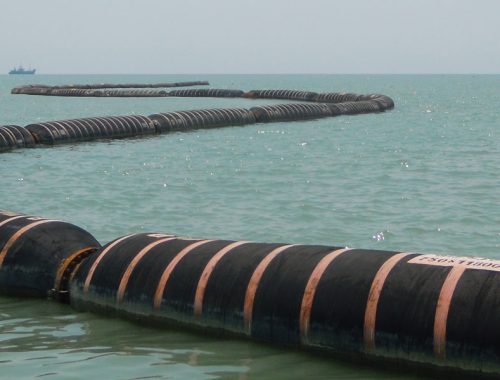Are you tired of seeing headlines like “Gila! Study Finds Eating Durian Cures Baldness,” only to realize it was funded by a sketchy fruit company? Well, my friend, you’re not alone. Welcome to the world of medical study funding and grants, where researchers chase money and stumble upon revolutionary discoveries along the way. Let’s peel back the layers of this peculiar pursuit with a dash of humor and a sprinkle of malay words!
Introduction:
Medical studies and research are essential to advance our understanding of diseases, develop innovative treatments, and find answers to countless health-related questions. But behind every groundbreaking breakthrough, there’s a story of funding, grants, and sometimes, some truly peculiar studies. So, how does this whole funding game work anyway?
Body:
Funding for medical studies can be as elusive as spotting a mythical Baju Raya (Eid clothes) sale at the mall. Researchers often rely on grants to support their work, and these grants can come from various sources like government agencies, non-profit organizations, or private companies. The funding process can be fiercely competitive, sometimes leaving researchers as tense as a cat during Cakap Melayu day (Malay speaking day).
Securing grants requires researchers to convince the funders that their study is worth the investment. They need to showcase a compelling research proposal, accompanied by a persuasive budget breakdown. So, imagine a researcher going, “Oi, Datuk, I need 50K for my research on how eating Nasi Lemak fights cholesterol,” while emphasizing each point with persuasive hand gestures.
And let’s not forget about the humorously named studies that manage to secure funding. Have you heard of the “Toot and Tell” study, where researchers explored how smells impact social interactions? Yes, my friend, funded by real money! It goes to show that even within the strict world of funding, a sense of humor occasionally reigns supreme.
Now, let’s address the big question, “How on earth do some ridiculous studies receive funding?” Well, sometimes it’s all about the wow factor. In the realm of medical research, unexpected connections can lead to astonishing discoveries. Take the example of a study aiming to find a cure for migraines that accidentally stumbled upon a potential cure for tinnitus. So, while funding seems like a serious matter, serendipity occasionally provides unexpected blessings.
Conclusion:
In the world of medical studies, where cash and cure collide, funding is the lifeblood that keeps the research engines running. It’s a quirky realm where researchers dance the funding tango, balancing innovative proposals, meticulous budgets, and occasionally, a touch of humor to catch the funders’ attention.
So, next time you read a headline that says, “Hilarious! Study Shows Singing Lagu Raya Minimizes Joint Pain,” remember that somewhere in the background there was a dedicated researcher who made the case for funding, expanding our knowledge in ways we may not entirely understand.
FAQ: Frequently Asked Questions
Q1: Are all medical studies funded?
Not all medical studies receive funding. Researchers often compete for limited grants, and many amazing studies struggle to secure financial support. Nevertheless, researchers persevere, bridging gaps and finding creative ways to bring their studies to life.
Q2: Can I get funding for my super cool study idea too?
Absolutely! There are various funding opportunities available for both budding and seasoned researchers. Look out for grants from government agencies, non-profit organizations, and even crowdfunding platforms. Just make sure you present a compelling case and demonstrate the potential impact of your study.
Q3: What happens if a funded study fails to find any groundbreaking results?
Failure is an inherent part of the scientific process, and not every study can achieve significant breakthroughs. However, even if a study doesn’t uncover the desired results, it still adds to our collective knowledge and informs future research. So, rest assured, failure does not equate to wasted funds or efforts!


